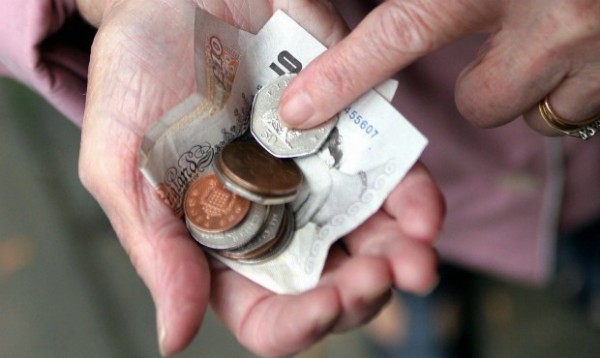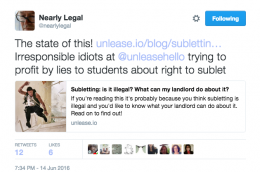
Over the next few years, those who are struggling to save a deposit for a home are to be joined by those struggling to save up for a deposit on a rented property, according to research.And tenants in London are also facing the biggest rise in rents over the coming years with experts predicting rent increases of 39% by 2026.
The problem for tenants comes with landlords demanding at least four or six weeks rent as a deposit but with the average rent set to rise to £1,111 means that renters could struggle to get a foot on the rental ladder.
The findings come from the Centre for Economic and Business Research (CEBR) for a financial comparison website and they also reveal that rents are set to grow by 28%.
As result, the average rental deposit will be 70% of a person’s average monthly income, though there are various regional variations, and to compound the situation wages are only set to rise by 20% over the same period.
Potential tenants in London
For potential tenants in London, CEBR is predicting rent deposits to rise to £2,733 over the next 10 years – or 120% of a person’s average monthly income. That’s up from 99% just last year.
In addition, deposits for a private rented home are set to rise across the South of England where deposits in the South East will reach £1,469 by 2026 – or 83% of an average income and that’s up from 72% last year.
Essentially, tenants will find the cost of renting is as unaffordable as it is for those looking to buy a property.
Landlords’ profits erode
A spokeswoman for the financial website which commissioned the research said: “The rapid rise in rates and deposits is a double blow for those on the rental ladder and the upcoming changes of tax legislation and restrictions on buy to let mortgages will see landlords’ profits erode and there’s no doubt these extra costs will be passed onto the tenants.
“Deposits are likely to continue growing in the current booming property sector and we could see deposits of six weeks rent being extended to 8 weeks. This means that many people are facing being priced off the rental ladder and the property ladder too.”
She added that the government needs to step in to help prevent the cost of rent and deposits from spiralling out of control as this will have a significant economic impact and tenants should be given a lifeline, much like the financial incentives given to people for buying a home.




 POSTED BY
POSTED BY 

